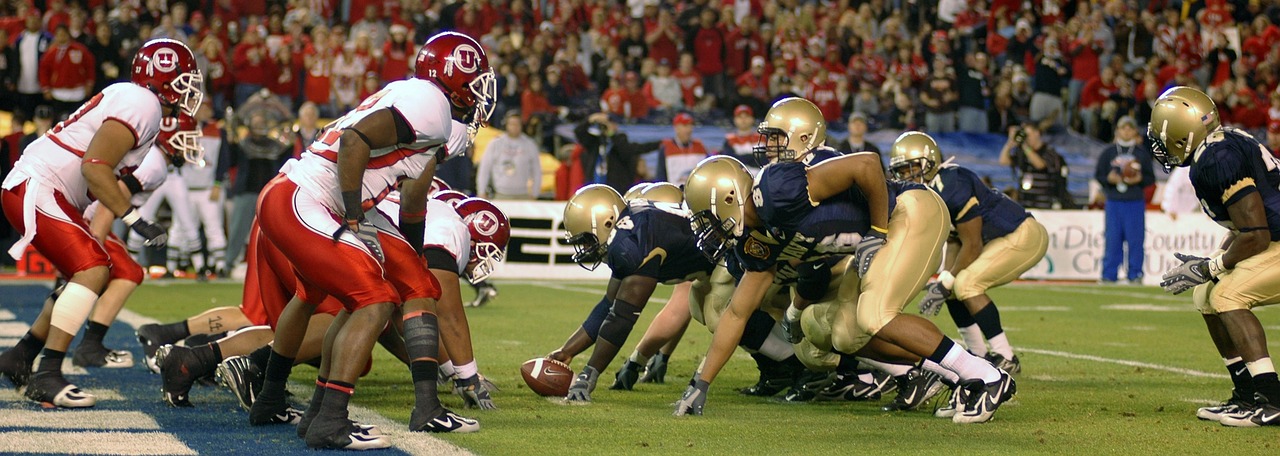Promoting Peer Collaboration in Tutoring Programs
sky exch, world 777 com login, gold bet:Peer collaboration is a powerful tool in enhancing learning outcomes in tutoring programs. When students work together in small groups, they can benefit from diverse perspectives, share knowledge, and develop a deeper understanding of the subject matter. As a tutor, promoting peer collaboration can help create a more dynamic and engaging learning environment for your students.
Here are some strategies to promote peer collaboration in tutoring programs:
1. Icebreakers: Start each tutoring session with an icebreaker activity to help students get to know each other. This can help foster a sense of community and collaboration among peers.
2. Group projects: Assign group projects that require students to work together to solve a problem or complete a task. Encourage students to divide tasks, communicate effectively, and support each other throughout the project.
3. Peer teaching: Encourage students to take turns teaching each other concepts they have mastered. This can help reinforce their understanding of the material and build their confidence in their own knowledge.
4. Collaborative learning activities: Incorporate collaborative learning activities into your tutoring sessions, such as group discussions, debates, or peer review sessions. These activities can help students engage with the material in a more interactive and meaningful way.
5. Peer feedback: Encourage students to provide feedback to their peers on their work. This can help students learn from each other’s strengths and weaknesses and improve their own understanding of the material.
6. Inclusive group dynamics: Be mindful of the group dynamics within your tutoring sessions and ensure that all students have a chance to participate and contribute. Encourage quieter students to speak up and find ways to involve everyone in group activities.
Incorporating peer collaboration into your tutoring programs can help create a more collaborative and interactive learning environment for your students. By fostering a sense of community and encouraging students to work together, you can help them develop important skills such as communication, teamwork, and critical thinking.
FAQs
Q: How can I encourage shy students to participate in group activities?
A: Encourage shy students to participate by providing opportunities for them to contribute in smaller group settings or through written responses. Praise their contributions and create a supportive and inclusive atmosphere in the group.
Q: How can I manage conflicts that arise during group projects?
A: Address conflicts that arise during group projects by facilitating open communication among group members. Encourage students to listen to each other’s perspectives, find common ground, and work towards a mutually agreeable solution.
Q: How can I assess the effectiveness of peer collaboration in my tutoring programs?
A: Assess the effectiveness of peer collaboration by observing student interactions during group activities, collecting feedback from students about their experiences, and monitoring their progress and learning outcomes over time.







